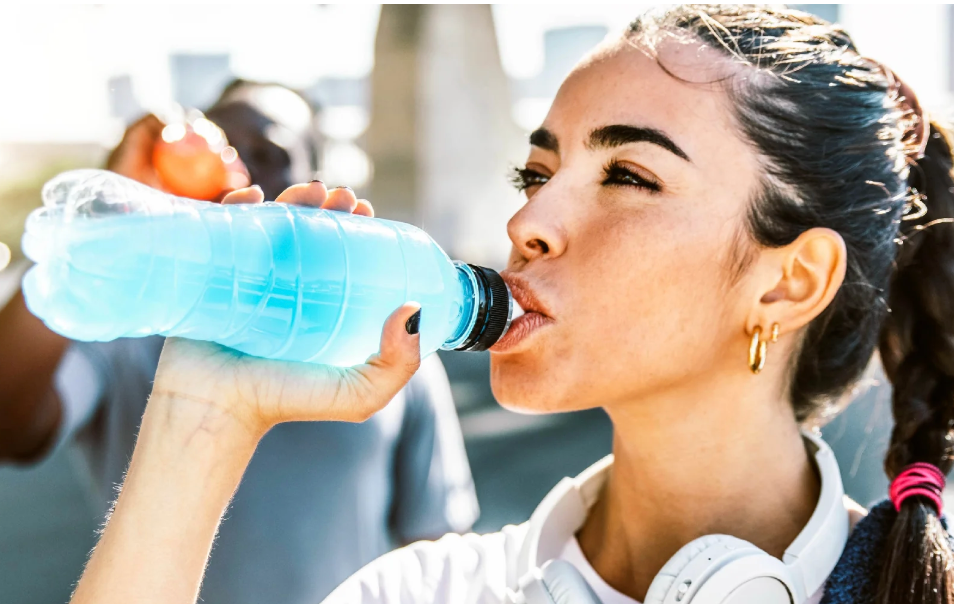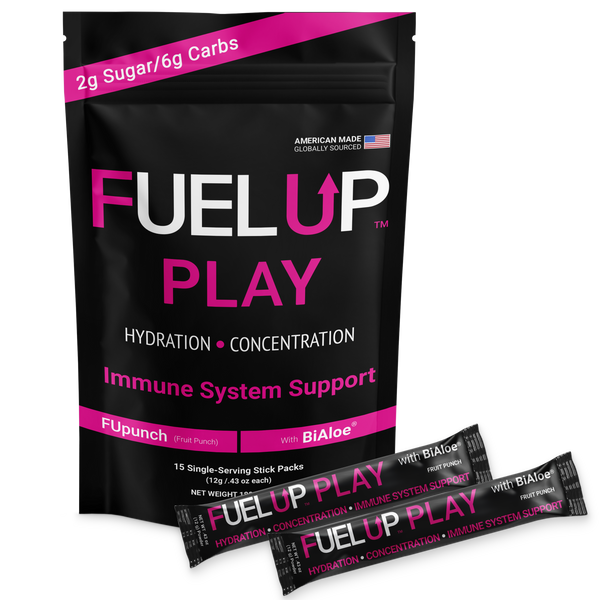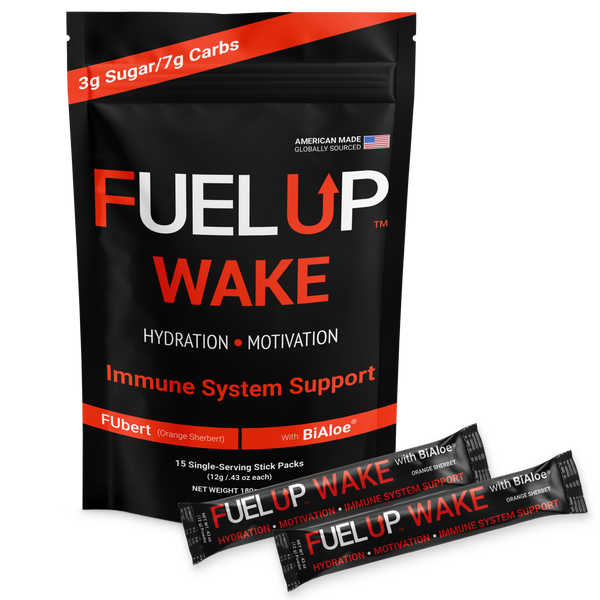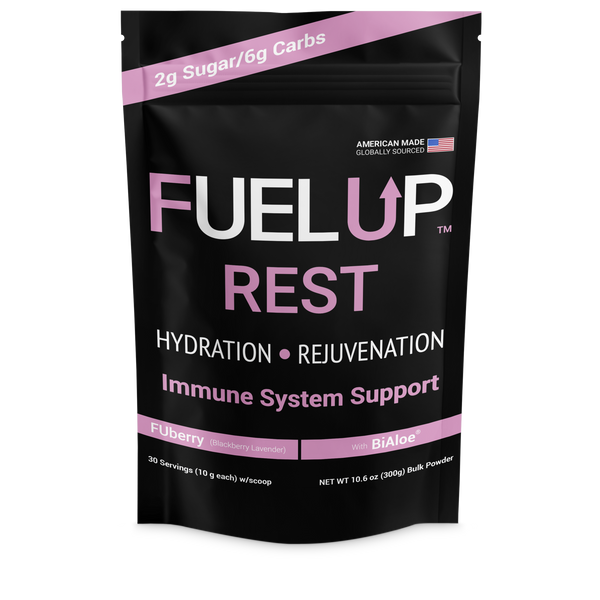What Are Electrolytes, Really?
Electrolytes are minerals—like sodium, potassium, magnesium, and calcium—dissolved in your body’s fluids. While sports drinks often dominate the conversation about electrolytes, these essential nutrients are critical for everyone, not just elite athletes or marathon runners. Electrolytes work behind the scenes, helping muscles contract, nerves send signals, and fluids move in and out of cells. If you value hydration, energy, and overall well-being, understanding electrolytes goes far beyond product labels and marketing buzz.
The Role of Electrolytes in Daily Performance
Every time you move, think, or hydrate, electrolytes are involved. Sodium and potassium create tiny electrical impulses that allow muscle contraction and nerve function. Magnesium helps regulate the heartbeat and supports energy production, while calcium is essential for strong bones and smooth muscle movement. When you sweat—whether during an intense workout or a hot day—you lose both water and these minerals. Replenishment isn’t just about drinking fluids; it’s about restoring the right balance of electrolytes to keep your body running efficiently.
Quick Facts:
-
Sodium: Maintains fluid balance, aids nerve signals.
-
Potassium: Supports muscle function, prevents cramps.
-
Magnesium: Crucial for energy, muscle relaxation.
-
Calcium: Strengthens bones, assists muscle contraction.
Myths & Misconceptions: Separating Fact from Fiction
Marketing often paints a simplified—or even exaggerated—picture of electrolytes. Here’s what science actually says:
-
Myth: Only athletes need extra electrolytes.
Fact: Everyday activities like gardening, hiking, or a hot commute can lead to electrolyte loss. -
Myth: All sports drinks are necessary for rehydration.
Fact: Many drinks contain high sugar or artificial ingredients. Electrolytes are available from naturally nutrient-rich foods and balanced hydration solutions. -
Myth: More salt means better hydration.
Fact: Excess sodium without adequate fluid intake can hinder hydration and impact blood pressure.
Tip: Look out for “electrolyte” on labels, but read the ingredient list for actual mineral content—not just marketing language.
Real-World Tips for Maintaining Electrolyte Balance
You don’t need a degree in nutrition to keep your electrolytes on track. Incorporate these simple routines:
-
Hydrate regularly: Water should be your first choice. If you sweat heavily, consider drinks or foods with added minerals.
-
Eat whole foods: Bananas, oranges, leafy greens, yogurt, and nuts all supply natural electrolytes.
-
Monitor activity and environment: Higher intensity, longer duration, and heat mean greater fluid and mineral loss.
-
Read nutrition labels: Focus on sodium, potassium, magnesium, and calcium content—avoid excess sugar.
Signs your balance is off include muscle cramps, fatigue, headaches, or dizzy spells. Listen to your body and adjust accordingly.
The Bottom Line: Making Informed Choices
Electrolytes are key to hydration, energy, and recovery—whether you’re pushing your limits or simply enjoying an active lifestyle. Stay curious about what’s in your drinks and food, and don’t get swept up in marketing claims. Focus on quality ingredients and a healthy balance tailored to your needs.
If you’re looking for options to supplement your hydration and electrolyte intake, Fuel Up Hydration offers clean, balanced solutions designed with active lifestyles in mind—no gimmicks, just transparency and support for your wellness goals. Always consult reliable nutrition guidance to make informed decisions that fit your unique body and activity level.





